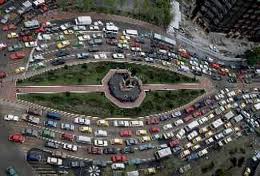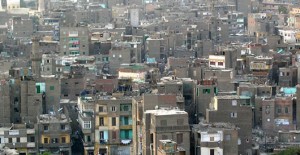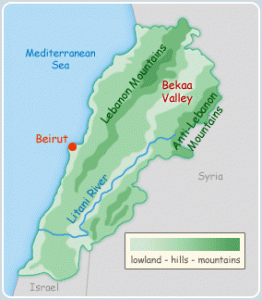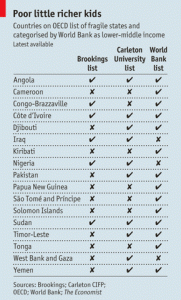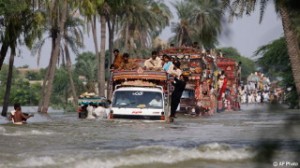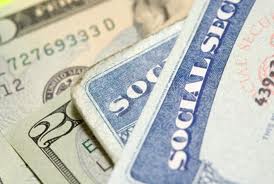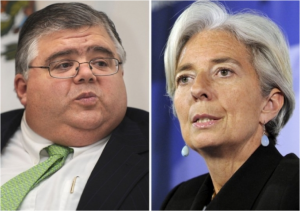I noted in my last post that educating some people can create a ripple effect that promotes growth in an economy. Thus, spending in education should be seen as investment in the future. If we can increase the amount of human capital in America, we can significantly increase our ability to compete in an increasingly …
Category: Economic Development
Sep 07
The Waiting Generation
It is relatively simple to describe the life of an individual who falls into the “waiting” generation category. Members of this new generation are recent college graduates, hard-working former students looking for jobs in their respective fields, and coming to the stark realization that they will not land a job coming out of school. Some …
Sep 07
Saving Lives through Public Transportation
I recently read an article about a mother, Raquel, that had been sentenced to prison for the death of her child, after a car hit her son (who consequently died) as he crossed the street. The mother was sentenced in spite of the fact that the driver who ran over them was drunk. An accident …
Aug 25
Microfinance Must Return to its Roots
Microfinance has become something of a buzzword in recent years (depending on which circles you run in), and the industry’s increase in popularity has also lead to an increase in criticism. You may remember my last post about microfinance, as well as the posts written by my colleagues, but for those of you who don’t, …
Aug 15
Finding a New Use for Twitter in Egypt
Since Mubarak stepped down as president of Egypt, some of the bloggers and activists who devoted their online time to organizing revolution have turned to a new use for social media: economic aid. 20 prominent Egyptian bloggers—the same ones who previously blogged about overthrowing Mubarak—have joined together to create a Twitter fundraising campaign, Tweetback. The …
Aug 10
Lebanon’s agricultural challenges
Facing climate change and modernization Lebanon is a relatively resource rich country. It has no deserts, it has good arable land, it has four seasons and it is the most water-gifted country in the Arab world. But despite such natural attributes, Lebanon is a food import dependent country for 70% of its total food consumption. …
Aug 08
Introducing the MIFFs
There’s a new kind of state (country states, not US states, just so we’re clear) emerging: MIFFs, Middle Income Failed-Fragile states. These MIFFs are classified as middle-income states in the World Bank list of countries by income category, but they have highly unstable governments and a lot of conflict. They are—or are close to being—failed …
Aug 01
Building Back Better in Pakistan
A few weeks ago, I wrote about the opportunity and need for Haiti to redevelop sustainably after the devastating earthquake in 2010. I also discussed how construction in Bihar, India – after a flood completely washed away the area – could be a model for rebuilding homes in Haiti. Unfortunately, like Haiti and India, Pakistan …
Jul 29
Disability-Friendly Budget Cuts
Currently, the debt ceiling and potential budget cuts for 2012 are arguably the most debated topics in U.S. politics. Other contributors to this blog have already discussed in detail the consequences that budget cuts could have on children’s schooling, academic research and education, and foreign aid. Shaunak, a fellow Program and Research intern with the …
Jul 28
El nuevo FMI
El Fondo Monetario Internacional (FMI)- la organización internacional que supervisa el sistema financiero global- eligió recientemente a un nuevo Director Administrativo (DA), debido a que Dominique Strauss Kahn (antiguo DA) resignó. Los dos candidatos al puesto eran la ministra de ecnonomía de Francia, Christine Lagarde, y el director del Banco Central de México, Agustín Carstens. …



